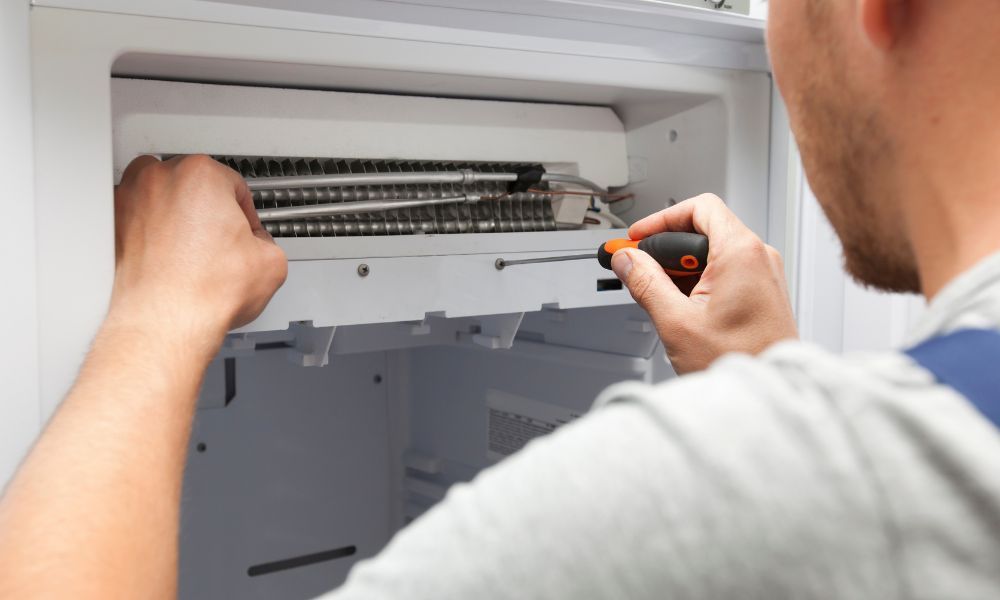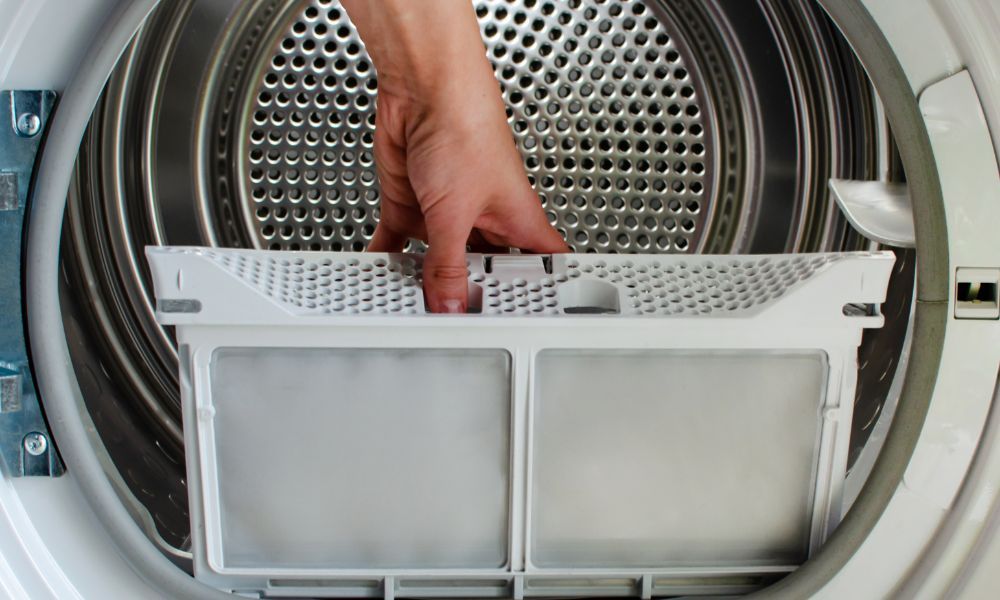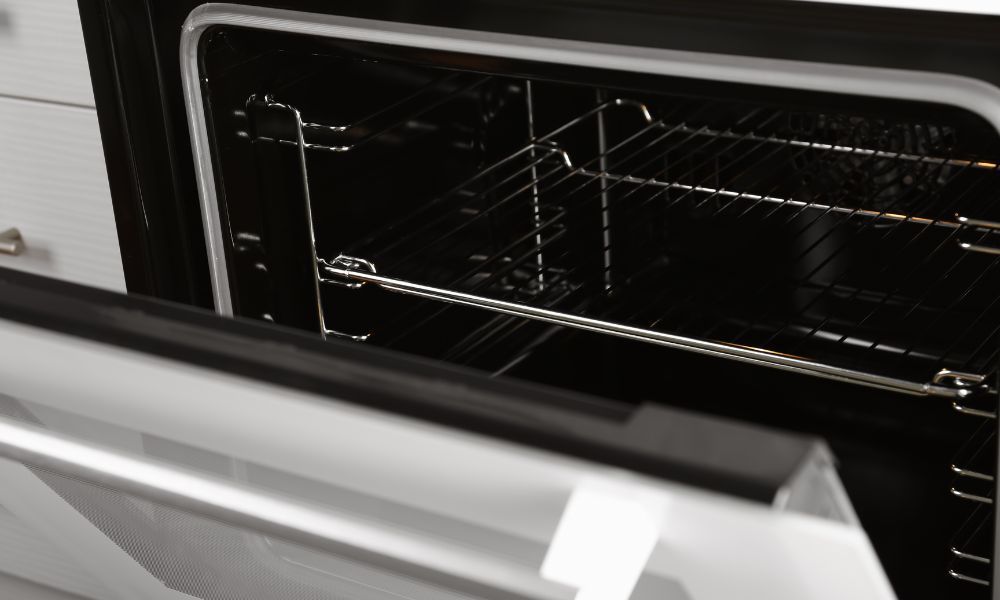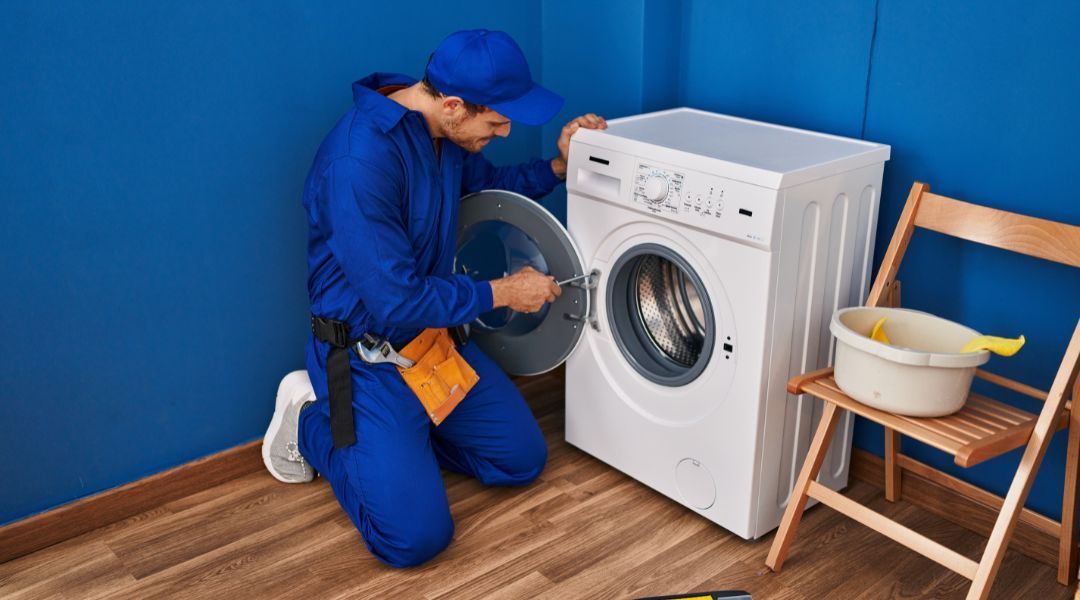How Repairing Appliances Helps Reduce Environmental Waste

We’ve all been there before—an older yet perfectly suitable home appliance goes on the fritz, leaving you to wonder if purchasing a new device is the easiest and quickest solution. While buying the newest equipment for your house is an exciting experience, there are reasons to wait to make that investment. Aside from the lower costs, repairing appliances rather than replacing them helps reduce environmental waste.
Reduces Energy Consumption
When your appliance starts malfunctioning and requires repairs, it begins to draw extra power simply to produce a fraction of the results. Basically, a poor-condition machine costs much more on monthly energy bills. Something as minute as a faulty washing machine sensor that can’t regulate the spin cycle can cost you significantly more each month!
More importantly, the increased greenhouse gas (GHG) emissions (fossil fuel combustion and consumption) from your inefficient appliance wreak havoc on the environment by increasing global temperatures. The impact might seem insignificant, but repairing your poor-quality machines greatly contributes to slowing climate change.
Eliminates E-Waste
E-waste is a modern problem caused mainly by the tech industry. This industry releases “new and improved” phones, cars, and home appliances each and every year—as such, countless individuals choose to upgrade their devices instead of repairing existing models. Throwing your appliances to the curb is much more complicated than bringing out a trash bin for clean-up.
The E-waste caused by appliances and other tech devices is detrimental to the environment because harmful chemicals are prone to leaking into the surrounding ecosystem. Unfortunately, recycling these items isn’t always easy or accessible. That’s why maintenance and repairs are much more environmentally friendly than swapping out your appliance for a shiny new product.
Curbs the Manufacturing Carbon Footprint
Throwing out an appliance might harm the environment, but manufacturing a new product is even more damaging. The resources and processes involved in manufacturing any item are what truly drive climate change. Large appliances typically have a lifespan of five to twenty years, so buying new equipment too frequently can have significant negative impacts on the environment.
While repairing appliances helps reduce environmental waste, it’s important to know that there are situations in which purchasing new equipment is practical and required, such as damaged-beyond-repair products and outdated devices that are less energy efficient. However, in-home appliance repair remains the most cost-effective and environmentally friendly solution—give us a call at Local Home Appliance the next time your home equipment needs a check-up.



